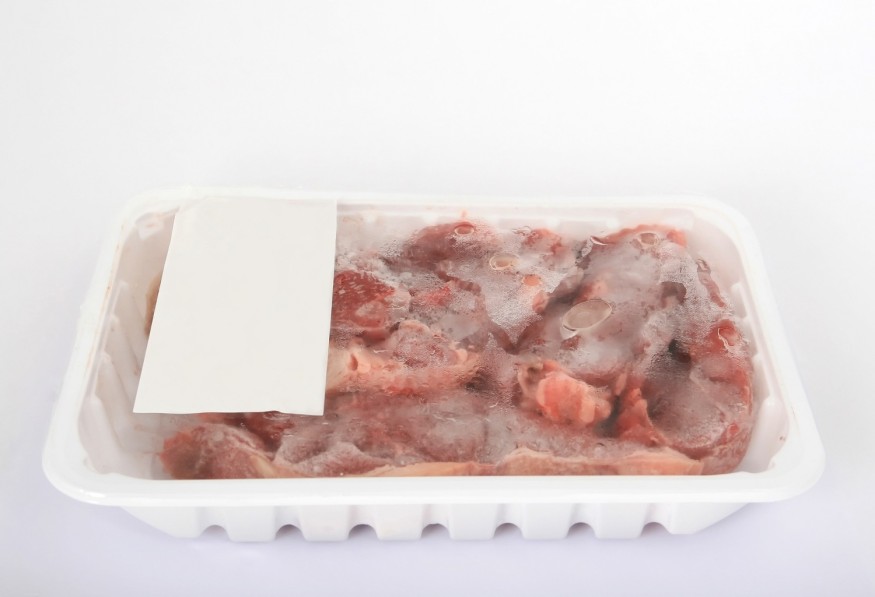Frozen foods are now under scrutiny after claims that the new cases of New Zealand and China had contact with imported frozen meat contaminated with SARS-CoV-2, the coronavirus that causes the COVID-19.
On Tuesday, New Zealand has ended its 102-day streak of no coronavirus community transmission after a family of four were tested positive of COVID-19. According to reports, the man of the family used to work at a cold store with imported food products in which authorities think he may have gotten the virus from the frozen foods.

A similar case this week from China found traces of the virus on imported frozen shrimp from Ecuador and chicken-wing packages from Brazil. Shenzhen's health commission has already warned its citizens to be vigilant in buying imported frozen meat and aquatic products.
But health experts maintain that it is not likely to catch COVID-19 from frozen products and that transmission via surfaces is rare even if those surfaces are refrigerated or frozen.
Chemical and biomedical engineer, Caitlin Howell from the University of Maine, said that perhaps the reason why outbreaks in meatpacking plants happen is that freezing or refrigerating could extend the life of the virus. Hence, many people might also think that the virus came from frozen goods.
However, although transmission could be possible in frozen goods, the virus is highly unstable outside of the human body, so transmission rarely happens.
Read Also: Coronavirus May Have Spread to New Zealand Through Frozen Food Packaging, Experts Say
WHO: Frozen Foods Not a Cause for Concern
Chinese health authorities reported detecting traces of coronavirus on frozen packaging transported by foreign and local shipments even before the recent report.
Last month, China found coronavirus from the shipment of frozen foods from Pianxiang, Dalian, and Xiamen. They also detected coronavirus in seafood products transported from a foreign ship to Yantai.
But according to WHO's Health Emergencies Program executive director Michael Ryan, those findings are not a cause for any concern as there is no evidence that food or food chain is involved in the transmission of coronavirus.
According to WHO, only less than ten came back positive from the few hundred thousand packagings that the Chinese health authorities tested. That is because even if the virus happens to be on the packages, it is implausible to survive given the time it takes to ship the goods from one place to another, says University of North Carolina's epidemiologist Rachel Graham.
Precautionary Measures in Reducing the Risk of Coronavirus Transmission on Surfaces
Both experts, Howell and Graham, recommend shippers and shoppers to be cautious and attentive during the COVID-19 pandemic.
Howell said that implementing a strong policy of wearing masks, washing the hands, and staying at home when sick are the best things that manufacturers, shippers, and others in the supply chain can do to reduce transmission.
Moreover, Howell said that shoppers should avoid touching their faces until they could use hand sanitizer or wash their hands. Graham added that it is more likely that shoppers might touch a virus-infested surface in public places rather than detect coronavirus in frozen foods.
Read More: CDC Emphasized COVID-19 Not Easily Spread by Touching Surfaces or Objects
Check out more news and information on COVID-19 on Science Times.










